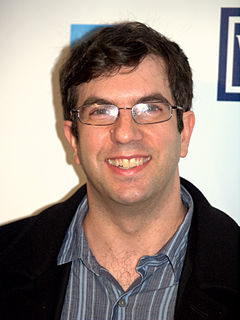A Quote by Brian Koppelman
The step that a lot of people miss is a dispassionate evaluation of the reasons [for rejection]. If you can dispassionately evaluate the reasons for rejection and find them with merit, you can address them; if without merit, you can ignore them.
Related Quotes
Only by spiritual practice can we break through our karma and the effects of the causes we have made. Only then can we escape from them. It matters not whether you have acquired any merit. Merit is merit. Karma is karma. Nonetheless, if one practices the Quan Yin Method, one can be liberated regardless of having any merit or not. It is so logical, so scientific.
It is not rejection itself that people fear, it is the possible consequences of rejection. Preparing to accept those consequences and viewing rejection as a learning experience that will bring you closer to success, will not only help you to conquer the fear of rejection, but help you to appreciate rejection itself.
I think that one of the reasons why people look towards the end of humanity is that people are afraid to die alone. If you die alone, the people you love will miss you, or if they die, you miss them - the sorrow is inevitable. When you truly love someone, the thought of losing them forever is horrible.
I think that one of the reasons why people look towards the end of humanity is that people are afraid to die alone. If you die alone, the people you love will miss you, or if they die, you
miss them - the sorrow is inevitable. When you truly love someone, the thought of losing them forever is horrible.
I sent a lot of publishing ideas to my publisher, about 30 of them. Each time except 3, i got a "rejection letter". This is basically what a rejection letter is like: Hello Pathetic Moron, We read your book. It sucked. Don't send us another one. If you do, we will run over your grandmother with a bus. Don't Do It. From, Your Publisher
When new pages are sent to editors and see rejection, we should ask for the reasons. We must study the reasons for failure and learn. It's not about struggle with our limitations or with public or the publishers. It's more about treating it like in aikido; the strength of the attack is used to defeat him with the same effort.




































